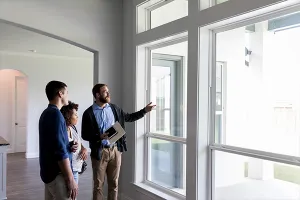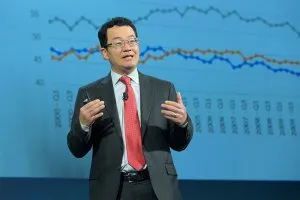One of the things to know about the Certified International Property Specialist (CIPS) Institute is that there's a lot of ground to cover. It features five full days of courses, with in-depth looks at global business, real estate practices in different countries and regions, and key tools for practitioners who want to do transactions with international clients.
Right now, I'm about halfway through the courses for the CIPS Institute taking place at the Houston Association of REALTORS®' headquarters. Here a few interesting things (among many others) that I've learned up to this point.
1. High Context vs. Low Context
Many people already know that, as a rule, the French are temperamentally different from, say, Cubans. What they may not know is every human culture falls along a spectrum of high-to-low context in their social interactions. Low-context cultures, such as Germany and the United States, are more driven by time and results. There is an emphasis on punctuality and "getting down to business," and not as much regard for ritual and formality.
On the other hand, high-context cultures, such as Japan and Brazil, revolve more around relationships and hierarchy. In countries like these, correct interpretation of body language, tone and inflection of voice, and who speaks and who doesn't is crucial.
2. El Notario Es Muy Importante
In the majority of Latin American countries, the notario, or notary public, is a critical participant in property transactions. Unlike the notary in this country, the notario is an impartial arbiter of legal elements of real estate deals. For example, in Mexico the notario authenticates a seller's right to sell a property, examines the title, finalizes the transaction by signing the applicable documents, collects taxes on the transaction for the national tax agency, and enters a record of the sale in the public registry.
3. Houston Is Hot
And not just in terms of rising mercury, either. Interacting with dozens of other practitioners taking this class and exploring the area on my own, I've found this to be a surprisingly diverse, thriving and fast-growing metro with myriad international real estate opportunities.
This gets at another important aspect of the CIPS Institute: It's beneficial to travel to another area for the program. Although it's certainly less expensive and time-consuming to participate in an Institute in your area when it's available or take the courses online, earning your CIPS in a locale you aren't already familiar with is a great way to learn about another place and tap into a new network of like-minded professionals who can help you grow your global real estate business. If you have the time and resources, try to attend an Institute outside of your home market.
Go to Realtor.org for a list of upcoming CIPS course opportunities.








